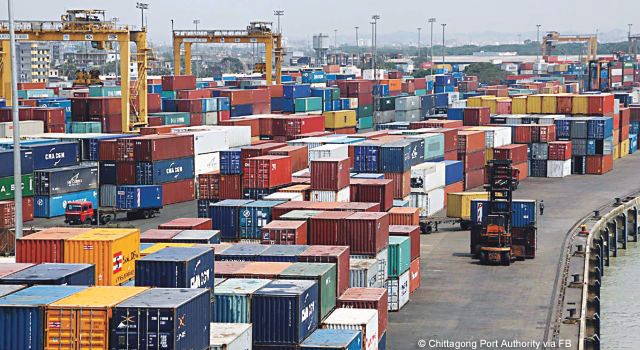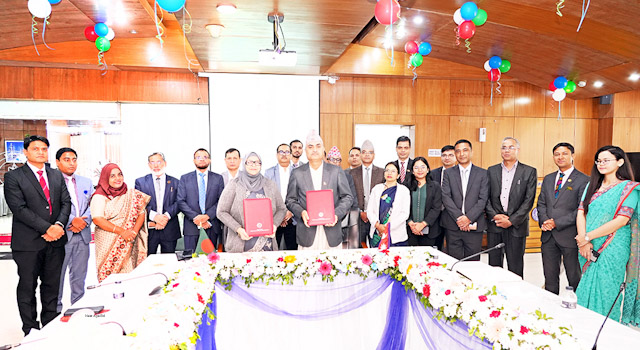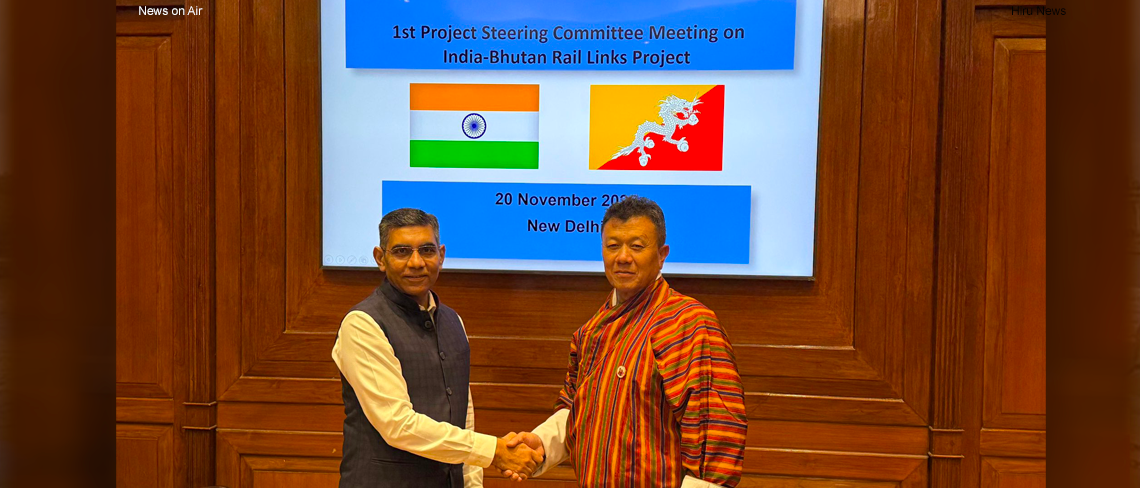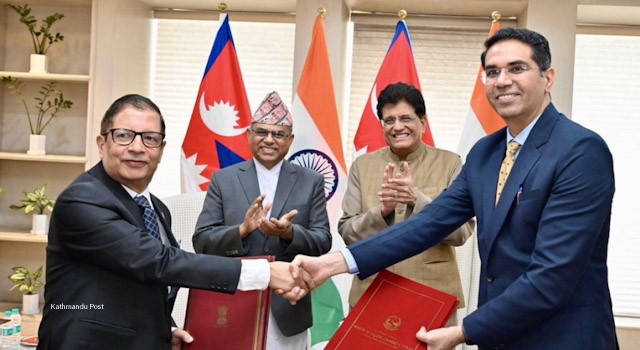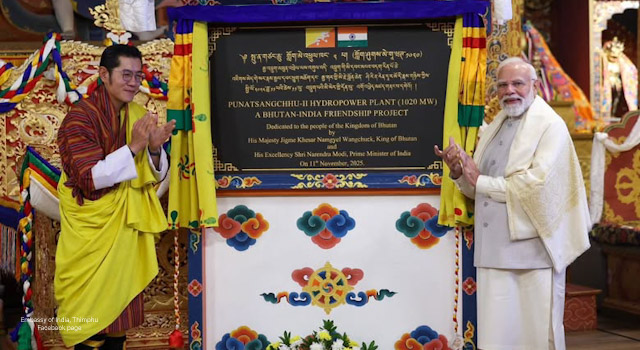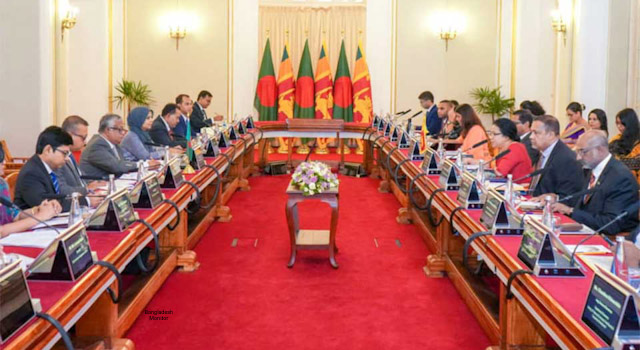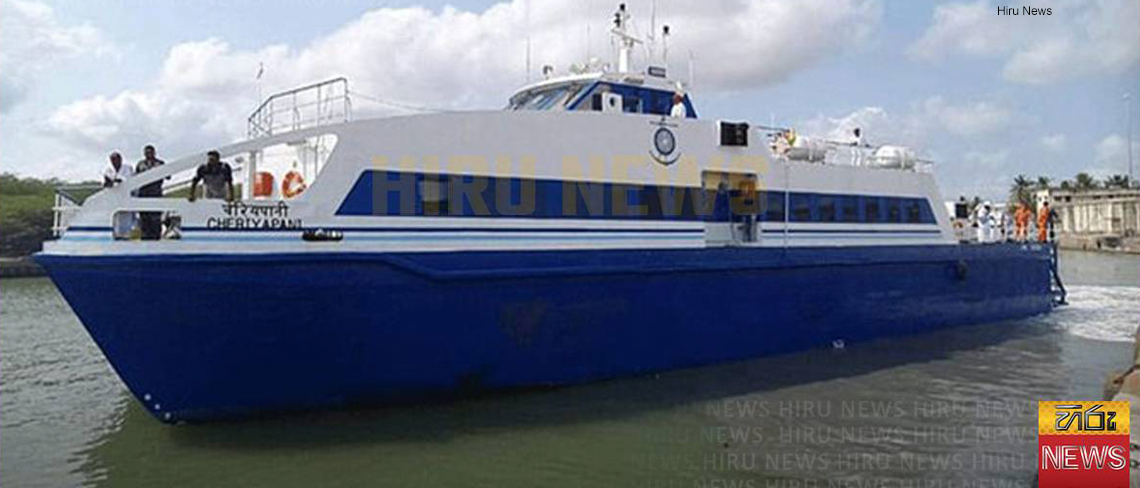
80-Vehicle Trial Run of ESCAP Secure Cross-border Transport Model along Bhutan-India Transit Corridor
1 September 2014

In follow-up to the limited pilot run of United Nations Economic and Social Commission for Asia and the Pacific's (UNESCAP) Secure Cross-border Transport Model (SCBTM) held from 30 June to 9 July 2014, officials from India and Bhutan Customs administrations participated in trial runs of 80 vehicles along the Kolkata-Jaigon-Phuentsholing transit corridor between Bhutan and India on 1—5 September 2014.
Intra-regional trade in South Asia is leading to rising volumes of cross-border transport. However, several barriers, including limited routes and regulations relating to security and safety concerns for foreign vehicles and goods in transit, hinder the smooth and efficient movement of goods, people and vehicles. These challenges can incur high costs and cause major delays in international road transport.
SCBTM aims to develop a system—through the use of information and communications technologies, satellite positioning systems, cellular communication systems, radio frequency identification technology, geographical information systems, and easy to navigate web-based software—to make the cross-border movement of goods and vehicles more secure, smooth and efficient. This will be achieved by enhancing security and reducing violations through live online tracking of cargo; promoting real time enforcement of control by Customs authorities; and decreasing congestion at origin, during travel, and upon reaching the destination. SCBTM also reduces cargo transit time and increases the predictability of freight, while reducing excessive paperwork.
The trial run was conducted to familiarize stakeholders with various processes and procedures needed to implement the system. The Thailand International Freight Forwarders Association delivered extensive training to officials from India and Bhutan Customs on handling electronic seals and managing software for online tracking of vehicles. Outcomes of the trial run will be discussed in the feasibility study on the pilot implementation of the SCBTM.
The SCBTM trial run was held with the technical support of UNESCAP's Transport Division, in partnership with the Asian Development Bank that provided financial support.
Related Links:
- Pilot implementation of the ESCAP Secure Cross-border Transport Model along Bhutan-India transit corridor
- Secure Cross Border Transport Model
- Secure Cross Border Transport Model – Technological Solution for Transit Transport Facilitation




